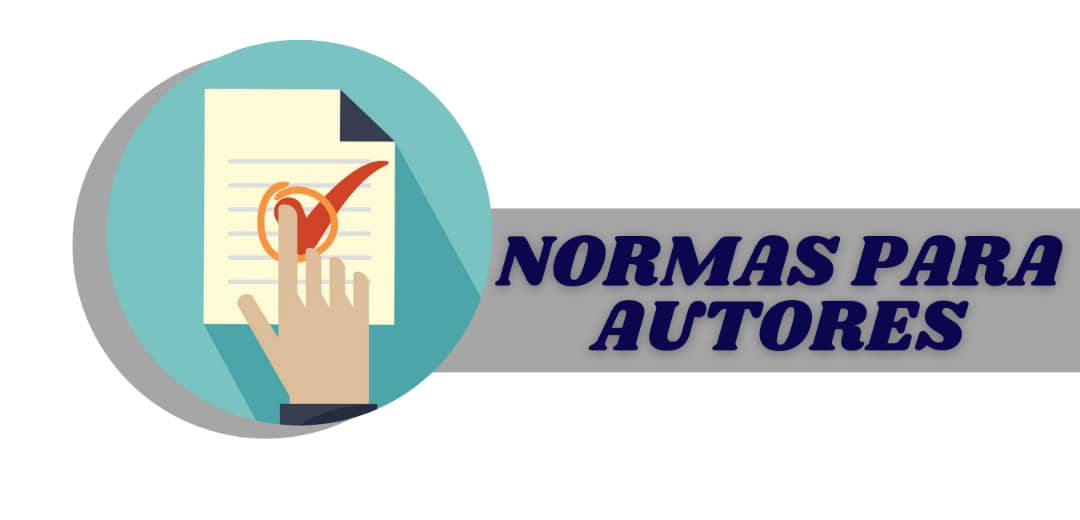Mr Victor Frankl
| Resumen biográfico |
10 things you don't know about Golf on TV (1) Just half of the shots you see are really live. There is just no way around it, particularly at the start of a telecast. Half of the players in contention could be hitting at the same time. Many times, announcers will say,"Some time ago..." But we don't always signify when a shot is on tape, not to deceive viewers but since it gets cumbersome to do this each time. Taped shots are catchy for on-course announcers like Judy Rankin, as their audio is live. Booth announcers can describe what is on their monitors, but Judy must clarify the situation from memory, await the sound of impact in her cans, then continue as if it were happening live. (2) We know the hole truth. Some hole places work much better for tv , particularly at a course with huge greens, like Champions Golf Club in Houston, where they played the Tour Championship. We want to know in advance where the holes are going to be--it impacts where we put the cameras--but we don't dictate the place. Of a green possible hole locations for the week, one may be really bad for television. So we may suggest that the tour people use that location on Thursday and another one for weekend rounds. Should they listen, great. Otherwise, we find a way to make it operate. how to choose the best golf range finder (3) We fiddle with the leader board. Normally, we list players with the same score depending on the amount of holes . However, a major name such as Tiger Woods or Phil Mickelson always goes directly to the front of the lineup, even if he's played the fewest holes. This practice, called a priority leader board, ensures that the marquee players are more prominent. (4) Announcers don't move evaluations. That is true for almost every game, which explains why it doesn't make sense to enter a bidding war for an announcer or to pay him more than the market rate. The system simply will not receive the yield on its investment. And the fantastic announcers aren't going to jump ship anyhow. When Gary McCord's contract with CBS was going to expire a few years before, I approached him. He stated,"I'm flattered, but CBS has been hugely loyal to me." Nevertheless, Johnny Miller could probably initiate a bidding war when he chose to leave NBC. Love him or hate him, people listen in to hear what he's got to convey. (5) ABC had a chance to employ David Feherty but let him go to CBS. I produced David's first announcing gig, the off-season Johnnie Walker World Championship in Jamaica, for the USA Network. He was very nervous, but his wit was there. https://twitter.com/golfrangefinde3 David reported that Loren Roberts hit a shot that struck a coconut, keeping the ball from the water. David discovered the coconut, held it up and said,"Here I am. I'm nursing Loren Roberts' bruised nut!" Then, I needed to hire him for ABC, however, the directors said,"No, we don't have any space for him." (6) You'll learn more if you see on a weekday. Because the tournament's storyline has yet to develop, Thursday and Friday telecasts could be filled with advice. Announcers tell more purposeful stories, and we conduct more interviews and in-depth features. Even when you're not as obsessive as SignBoy, it is the perfect opportunity to pick up tidbits around gamers. (7) We are entertainers, not even journalists. Magazines like Golf Digest sometimes accuse us of not becoming journalists. That is unfair, because we understand we're not journalists, and we do not pretend to be. We are entertainers, and also our principal job is to present the narrative of what is happening in the tournament. Other times we are criticized because of the summertime we provide to the PGA Tour and its sponsors. The truth is, the last thing we need is that the telecast to be a three-hour infomercial. At the same, time we're acutely aware that we couldn't manage to broadcast the events without patrons. As rights-holding partners of the PGA Tour, networks need to fill contractual duties like public-service announcements for the interviews and tour with the sponsors' CEOs by the 18th green. (8) Sudden death is your (money) pits. Playoffs could be exciting for viewers, but they are real downers for the networks, which lose money when telecasts run beyond the scheduled sign-off time. Following 6 p.m., those extra commercials do not generate any earnings, while the preempted news division gives up its ad bucks. So it is not merely the playoff loser who feels the pain of defeat. (9) Want to get on TV? That's easy. If every reality show has turned you down, don't think streaking onto the 18th fairway is going to turn you into a star. We do not show anyone who enters the field of play, irrespective of the way he or she is (un)dressed. But we are on the watch for eye catching subjects in the gallery--adorable babies, people with Jesper Parnevik masks--as long as they're in good taste. If you do not have a baby and can not borrow one for the day, another choice is to attempt to be in the background when we reveal players' significant others, such as Elin Nordegren and Amy Mickelson. Just realize that you might be mistaken for a stalker. (10) We miss plenty of shots, but not one of Tiger's. We've got fewer than 25 cameras to get a normal tour event and our focus is on the leaders, therefore there are blind spots in the coverage. We can not show every great shot, particularly if it took place before we arrived on the air. If Tiger Woods is acting before we proceed on the air Thursday or Friday, however, we'll head out first and tape each of his shots so we can start the telecast with an update of how he is doing. On the weekend, he is the one man we must cover, even if he is not on the leader board. We wouldn't do this for any other participant, and Tiger will still continue to receive this type of VIP therapy until the ratings tell us otherwise. |





